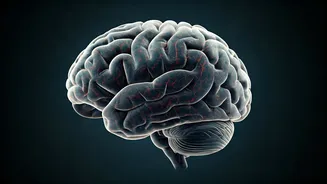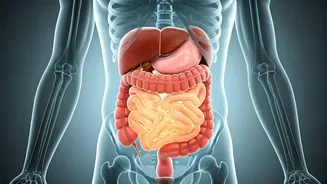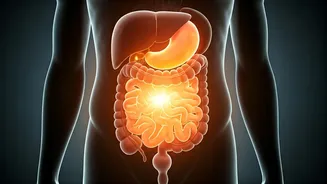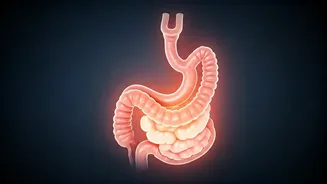Sleep's Crucial Role
Sleep is far from a passive state; it's a dynamic process vital for optimal brain function. When we sleep, our brains consolidate memories, regulate emotions,
and repair themselves. Chronic sleep deprivation, however, disrupts these processes significantly. The MIT study highlighted the severe consequences of sleep loss, even if the person remains awake. This can be seen in the brain's tendency to 'log off' momentarily, leading to impaired cognitive abilities, which can have significant consequences in daily life, ranging from decreased attention to increased risk of accidents.
Micro-Sleeps Unveiled
The research revealed the phenomenon of 'micro-sleeps,' brief periods where parts of the brain shut down, even when the person appears awake and alert. These micro-sleeps, which can last for a fraction of a second, are the brain's way of conserving energy when sleep-deprived. During these instances, the brain's ability to process information and react to stimuli is severely impaired. Imagine trying to drive a car or make an important decision with a brain that's momentarily 'offline.' The impact on reaction time and overall performance is substantial. This 'logging off' effect underscores the brain's fundamental need for sleep and the drastic measures it will take to compensate for its absence.
Brain Regions Affected
The MIT study pinpointed specific brain regions most vulnerable to the effects of sleep deprivation. Areas responsible for attention, decision-making, and sensory processing were shown to be particularly susceptible to micro-sleeps. This means that even with open eyes, the brain may not fully register information, leading to lapses in focus, impaired judgment, and heightened risk-taking behaviors. Imagine your brain momentarily failing to process crucial visual or auditory information—this is the reality of micro-sleeps. The study highlights the intricate connections between sleep, brain activity, and cognitive function, making the case for prioritizing sufficient rest.
Real-World Implications
The consequences of micro-sleeps are profound in everyday life. In situations requiring sustained focus, sleep-deprived individuals may struggle to stay attentive, making mistakes or missing important details. Consider the impact on professional drivers, surgeons, or anyone operating machinery—micro-sleeps can increase the likelihood of accidents or errors. Even in less demanding scenarios, a sleep-deprived brain can lead to poor decision-making, irritability, and decreased emotional control. The MIT study's findings highlight the need for a better understanding of sleep deprivation's impact and the need to promote sleep hygiene and address insufficient sleep in the population.
Strategies for Improvement
Addressing sleep deprivation is essential for optimal brain health and cognitive function. Here are some strategies that can help improve sleep quality. First, establish a regular sleep schedule: go to bed and wake up at the same time each day, even on weekends, to regulate your body's natural sleep-wake cycle. Create a relaxing bedtime routine, such as taking a warm bath, reading a book, or listening to calming music, to signal your brain that it's time to sleep. Optimize your sleep environment: ensure your bedroom is dark, quiet, and cool. Finally, avoid caffeine and alcohol before bed, and limit screen time before sleeping. If you find yourself consistently struggling with sleep, consult a healthcare professional to address any underlying issues and get personalized recommendations.











